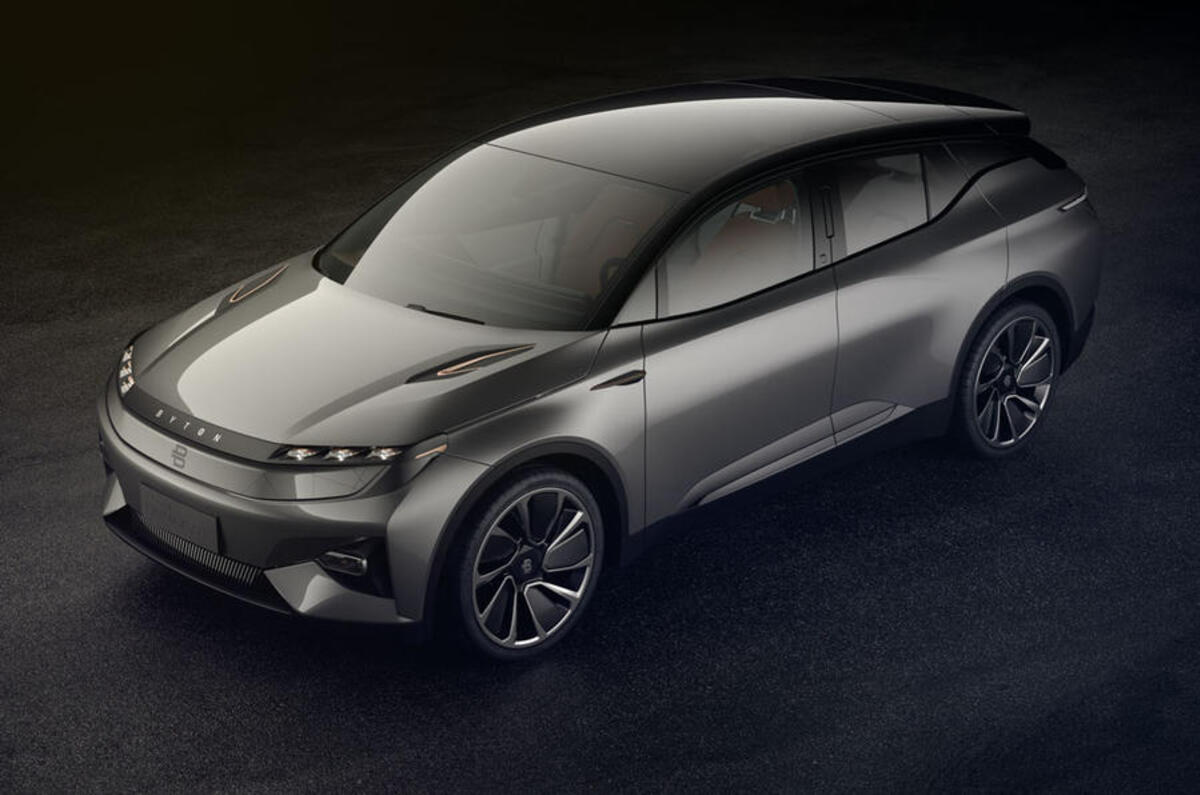The vivid and ongoing demonstration of how brutally unforgiving the car industry can be continued this month with the bankruptcy of Fisker, the latest of the Tesla-inspired new-energy start-ups to collapse following the failure of Lordstown, Byton, Nikola and Arrival UK.
In the struggling zone remain Faraday Future, Canoo, Lucid and China’s HiPhi, while questions hang over outwardly impressive but persistently unprofitable start-ups such as Rivian, Xpeng and Nio.




Join the debate
Add your comment
Lucid - really? I thought they were extremely well-funded and their tech appears to be world-beating